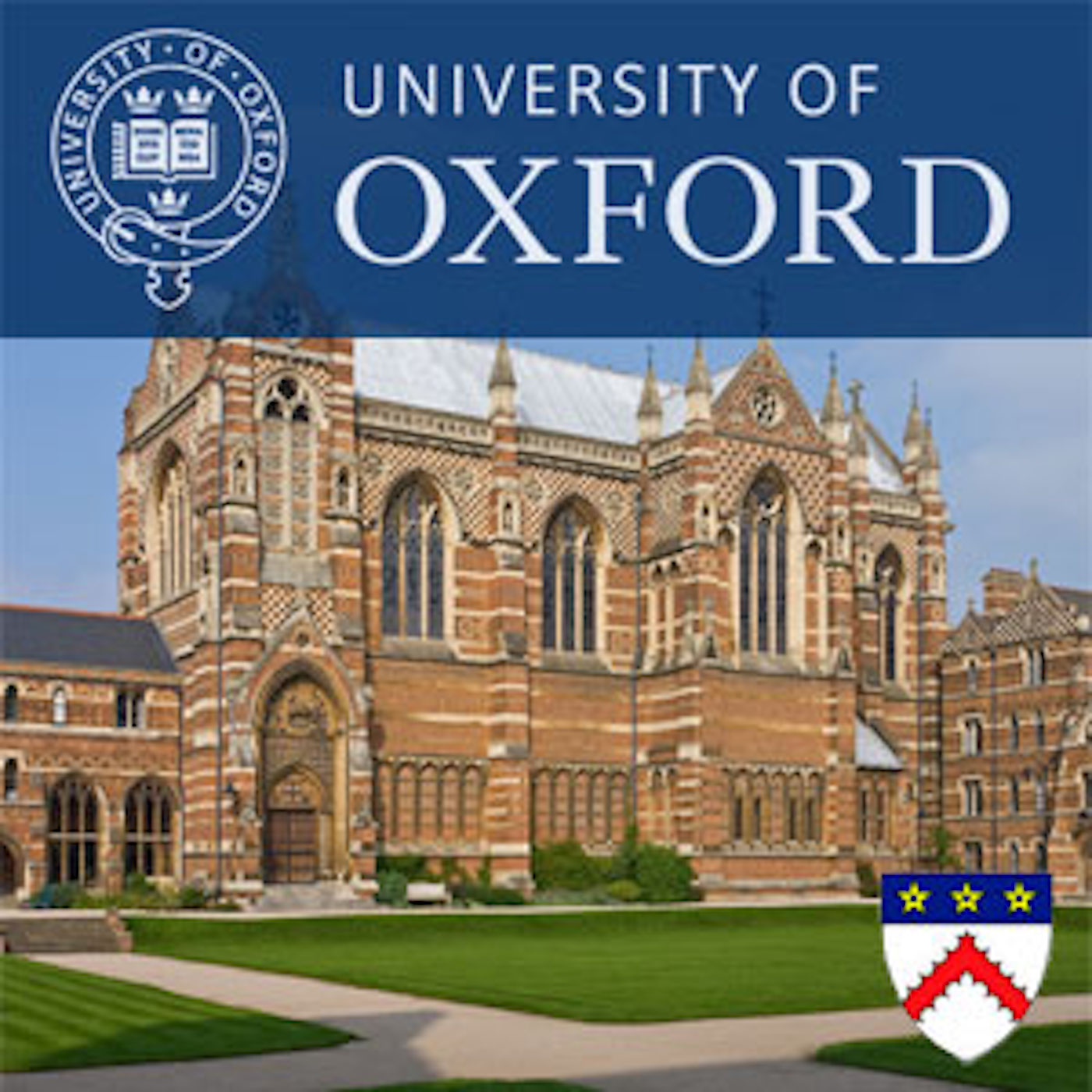Partial Differential Equations: Origins, Developments and Roles in the Changing World
Description
Professor Gui-Qiang G. Chen presents in his inaugural lecture several examples to illustrate the origins, developments, and roles of partial differential equations in our changing world. While calculus is a mathematical theory concerned with change, differential equations are the mathematician's foremost aid for describing change. In the simplest case, a process depends on one variable alone, for example time. More complex phenomena depend on several variables - perhaps time and, in addition, one, two or three space variables. Such processes require the use of partial differential equations. The behaviour of every material object in nature, with timescales ranging from picoseconds to millennia and length scales ranging from sub-atomic to astronomical, can be modeled by nonlinear partial differential equations or by equations with similar features. The roles of partial differential equations within mathematics and in the other sciences become increasingly significant. The mathematical theory of partial differential equations has a long history. In the recent decades, the subject has experienced a vigorous growth, and research is marching on at a brisk pace.
More Episodes
The ASC Trinity Term Lecture delivered by Professor Tom Gilbert, exploring the analysis of bird genomes and evolution. Prof Tom Gilbert (University of Copenhagen) and colleagues have recently solved several major problems regarding bird evolution through analysing the genomes of over 48 bird...
Published 05/27/15
Published 05/27/15
The acclaimed director, Rufus Norris, has just taken over as Artistic Director of the National Theatre – a role that is widely regarded as the biggest job in British theatre. Here he is in discussion with Robin Geffen.
Published 05/18/15


